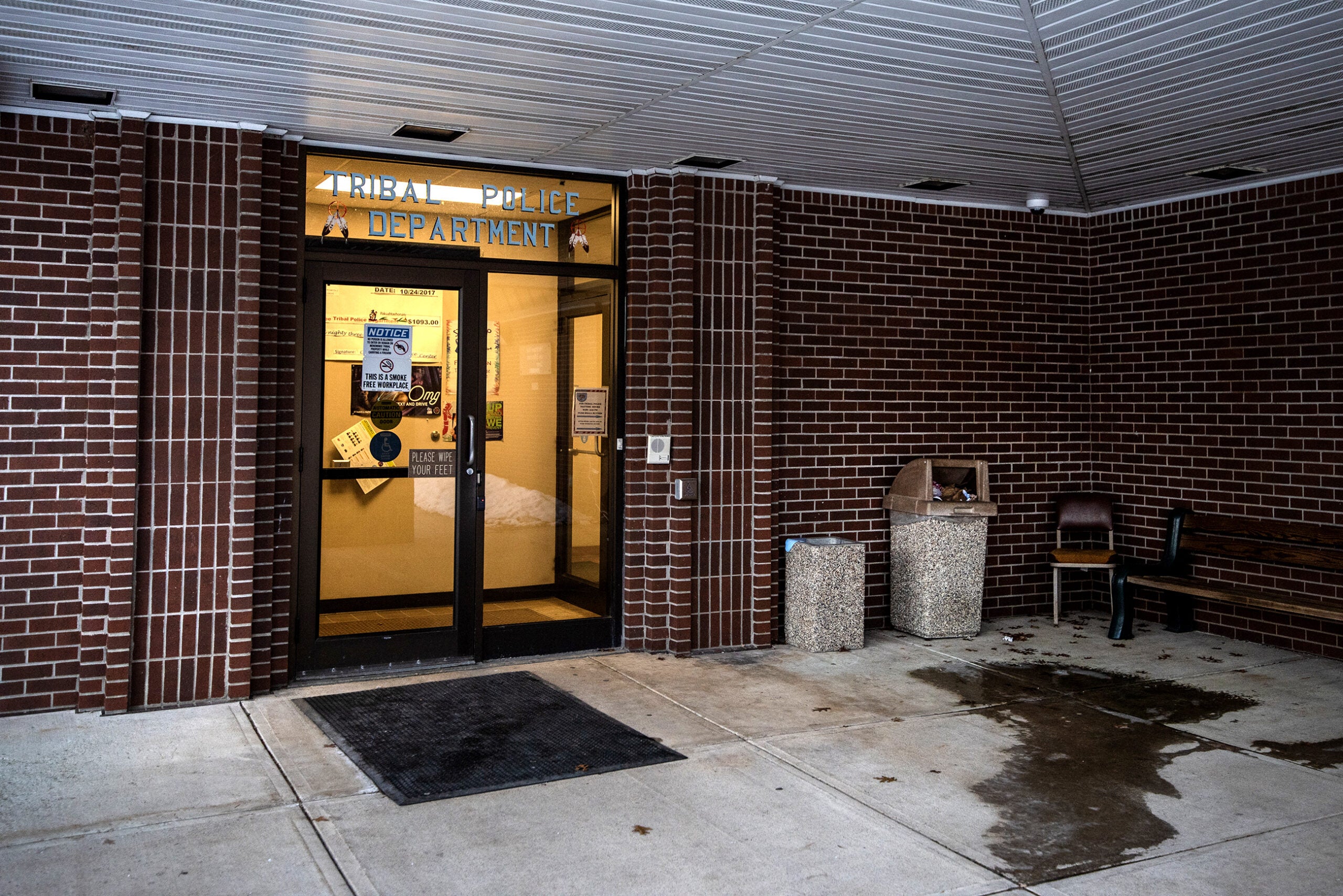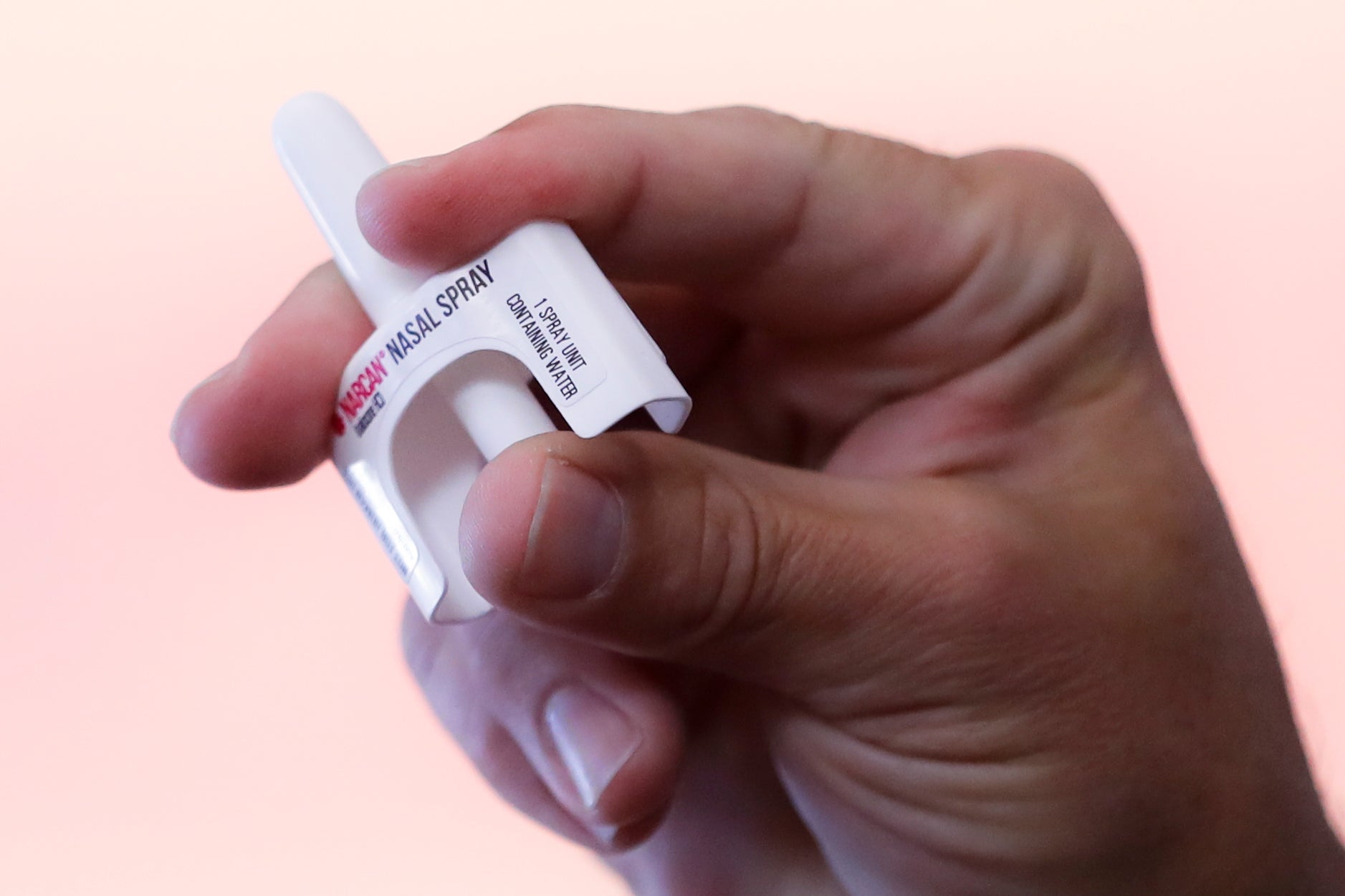As more than 350,000 people in Wisconsin are living with an untreated drug addiction, hospitals across the state are seeking ways to reduce the number of repeat opioid overdoses and fill the gap in care.
In Milwaukee, a recent grant for three Ascension hospitals provides recovery coaches on-call 24/7 to meet face-to-face with patients recovering from an overdose in the emergency room.
Forty coaches work with about 100 to 150 patients from the hospitals monthly, said Peter Brunzelle, executive director of WisHope, a nonprofit organization that works with those impacted by addiction and mental health struggles.
Stay informed on the latest news
Sign up for WPR’s email newsletter.
The $75,000 grant places the recovery coaches in emergency departments at Ascension’s St. Joseph’s, Franklin and St. Francis hospitals for a one-year pilot and is part of a larger effort from the Wisconsin Voices for Recovery — a statewide peer-run network from the University of Wisconsin-Madison Division of Continuing Studies — funded by the Wisconsin Department of Health Services.
Dr. Julie Doniere, an ER doctor at Ascension, said the recovery coaches are filling a gap in care that doctor’s are unable to provide.
“We can treat their addiction symptoms, their withdrawal symptoms,” she said. “But the piece that we were missing, and it was really frustrating to us, is that we didn’t feel like we’re connecting with them on a personal level.“
Connecting on a personal level is critical to the recovery process, Brunzelle said.
Brunzelle has had his own experience with drug addiction. By the time he was 17 he had used a “plethora” of drugs, had lived on the streets and was facing 60 years of prison time for seven felonies and 16 misdemeanors.
While waiting for his conviction, he said he “saw the writing on the wall.”
“There were people in my life … that did kind of walk in the world a little different,” he said. “They seemed at peace and I thought maybe while I was sitting in that isolation that maybe I could reach that place, too, in my life and find some sort of peace.”
Brunzelle was sentenced for two felonies for auto theft and burglary and served two years in prison. When he got out, he used any resource around him to stay sober, he said.
“Anything that I could because I wanted to find that path I saw, that little glimpse of hope that I had and to keep moving toward it,” he said.
Recovery coaches, who complete a 40-hour training, offer support during one of the most vulnerable times in a person’s life, Brunzelle said, and at a time when patients may expect stigma and judgment.
“(A recovery coach) has empathy and compassion because they are a peer,” he said. “They know how to outline that path for the person and also open the door to whatever pathway they’re looking for in their life and their recovery.”
When doctors identify a patient in need, a recovery coach is called and arrives at the hospital in under an hour, Doniere said.
Yet the coaches can offer support before, during or after a trip to the ER and connect people to community, treatment and medical resources, Brunzelle said. Depending on the recovery process, coaches can continue to offer support for a year or two.
The program began in October and is the first to receive the grant in the Milwaukee area, Doniere said.
Ascension will apply for the grant again, she said, with the ultimate goal of making the program sustainable.
Wisconsin Public Radio, © Copyright 2025, Board of Regents of the University of Wisconsin System and Wisconsin Educational Communications Board.






